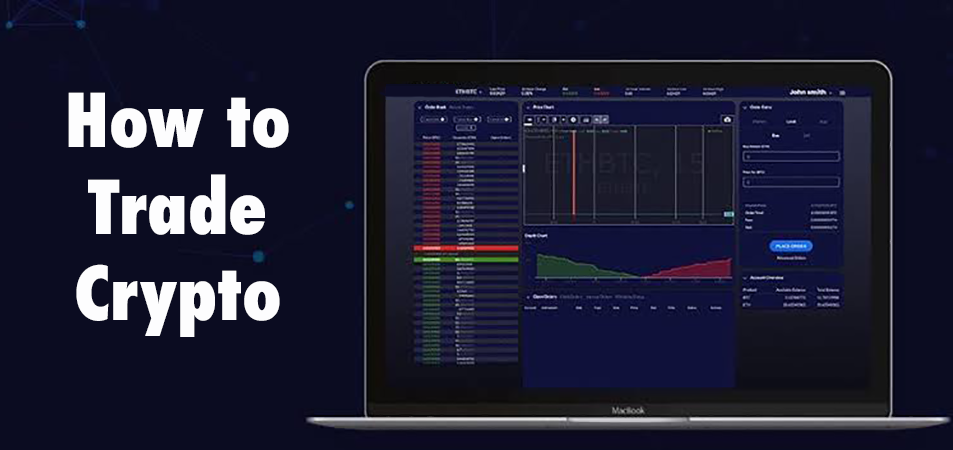Cryptocurrency trading is the act of hypothesizing on cryptocurrency rate movements via a CFD trading account, or buying and selling the Visit website underlying coins through an exchange. CFDs trading are derivatives, which allow you to speculate on cryptocurrency price motions without taking ownership of the underlying coins. You can go long (' buy') if you believe a cryptocurrency will rise in worth, or brief (' sell') if you think it will fall.
Your revenue or loss are still computed according to the complete size of your position, so leverage will amplify both revenues and losses. When you purchase cryptocurrencies through an exchange, you purchase the coins themselves. You'll need to produce an exchange account, set up the amount of the possession to open a position, and keep the cryptocurrency tokens in your own wallet up until you're ready to offer.
Many exchanges likewise have limits on how much you can deposit, while accounts can be very pricey to preserve. Cryptocurrency markets are decentralised, which means they are not released or backed by a main authority such as a government. Rather, they encounter a network of computer systems. However, cryptocurrencies can be purchased and sold by means of exchanges and stored in 'wallets'.
 How to Trade Cryptocurrency: Simple ...medium.com
How to Trade Cryptocurrency: Simple ...medium.com
When a user wishes to send out cryptocurrency systems to another user, they send it to that user's digital wallet. The transaction isn't considered final up until it has actually been verified and contributed to the blockchain through a procedure called mining. This is likewise how brand-new cryptocurrency tokens are generally produced. A blockchain is a shared digital register of tape-recorded data.
To choose the best exchange for your needs, it is very important to completely comprehend the types of exchanges. The first and most common type of exchange is the central exchange. Popular exchanges that fall into this classification are Coinbase, Binance, Kraken, and Gemini. These exchanges are personal companies that offer platforms to trade cryptocurrency.
The exchanges noted above all have active trading, high volumes, and liquidity. That stated, centralized exchanges are not in line with the approach of Bitcoin. They work on their own personal servers which develops a vector of attack. If the servers of the company were to be jeopardized, the whole system might be shut down for a long time.
The bigger, more popular centralized exchanges are by far the most convenient on-ramp for new users and they even offer some level of insurance coverage should their systems stop working. While this is real, when cryptocurrency is bought on these exchanges it is stored within their custodial wallets and not in your own wallet that you own the keys to.
Must your computer and your Coinbase account, for instance, end up being jeopardized, your funds would be lost and you would not likely have the ability to claim insurance coverage. This is why it is essential to withdraw any large amounts and practice safe storage. Decentralized exchanges work in the very same manner that Bitcoin does.
Rather, think about it as a server, other than that each computer system within the server is spread out across the world and each computer that makes up one part of that server is managed by a person. If one of these computers shuts off, it has no effect on the network as a whole since there are lots of other computer systems that will continue running the network.